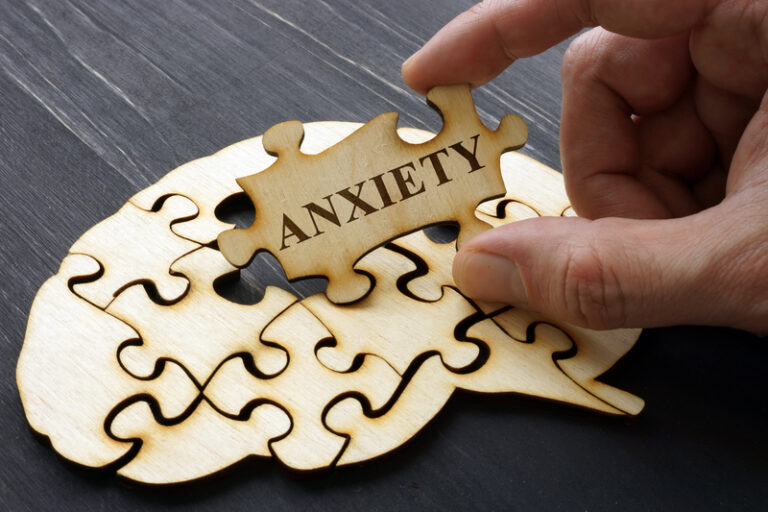After practicing acupuncture for nearly two decades, I have long noticed the effect it has on anxiety and stress reduction. It isn’t uncommon to have new patients that are “on edge” show up visibly more relaxed on the second visit. The effects of acupuncture on anxiety are subtle and cumulative, with patients noticing a difference in their ability to relax growing steadily over time. How does acupuncture have this effect?
The two main branches of the nervous system are the sympathetic and parasympathetic branches. Referred to as “fight or flight”, the sympathetic branch is activated during times of stress and leads to increased heart rate and blood pressure, shunting blood into the muscles and brain so that you can run from danger and think more clearly. The parasympathetic branch is activated in times of rest and relaxation with decreased heart rate and blood pressure, aiding in digestive and restorative processes. When people lead chronically stressful lives, they can get stuck in a sympathetic predominant state, leading to symptoms like insomnia and anxiety or panic attacks. Acupuncture powerfully activates the parasympathetic nervous system, explaining its immediate and long-term effects on reducing anxiety.
Acupuncture has been shown scientifically to release endorphins, the body’s “feel good” chemicals, as well as other endogenous chemicals which play a role in reducing the body’s stress responses. In 2013 researchers exposed rats to cold-induced stress, and then evaluated the effect of the subsequent administration of acupuncture on them. They discovered significantly reduced levels of a protein called neuropeptide Y, secreted in both rodents and humans by the sympathetic nervous system in times of stress. They also found that stress hormone blood levels were lowered.
Other studies have investigated the effectiveness of acupuncture on anxiety in humans. One 2017 study examined sixty-two participants with high self-reported stress levels in a large university. The participants were divided into two groups of “real” acupuncture and “fake” acupuncture, with both groups receiving acupuncture once a week for twelve weeks. The participants were asked to complete a standard questionnaire measuring perceived stress both before treatment, at six and twelve weeks into treatment, and then at six- and twelve-weeks post treatment. While initially both groups experienced a substantial decrease in stress, the “real” group reported significantly greater treatment effect both at the end of twelve weeks, and twelve weeks after.
Both physiologically and situationally induced anxiety respond well to acupuncture. Regarding physiologically induced anxiety, however, certain health conditions that cause or contribute to anxiety like thyroid disorders (Graves’ Disease or Hashimoto’s Thyroiditis) or a variety of gut disorders may need to be additionally addressed. Moreover, I have found acupuncture to be highly effective in assisting individuals who wish to wean off anxiety meds.
At Vital Health, we seek to uncover the root cause of your anxiety and use acupuncture, diet, supplements, and lifestyle changes to bring you back into balance. Whether you wish to wean off meds, or find natural relief, we can help!
©2023 Darcy Greenwald, M.S.O.M., L.Ac. and Vital Health







